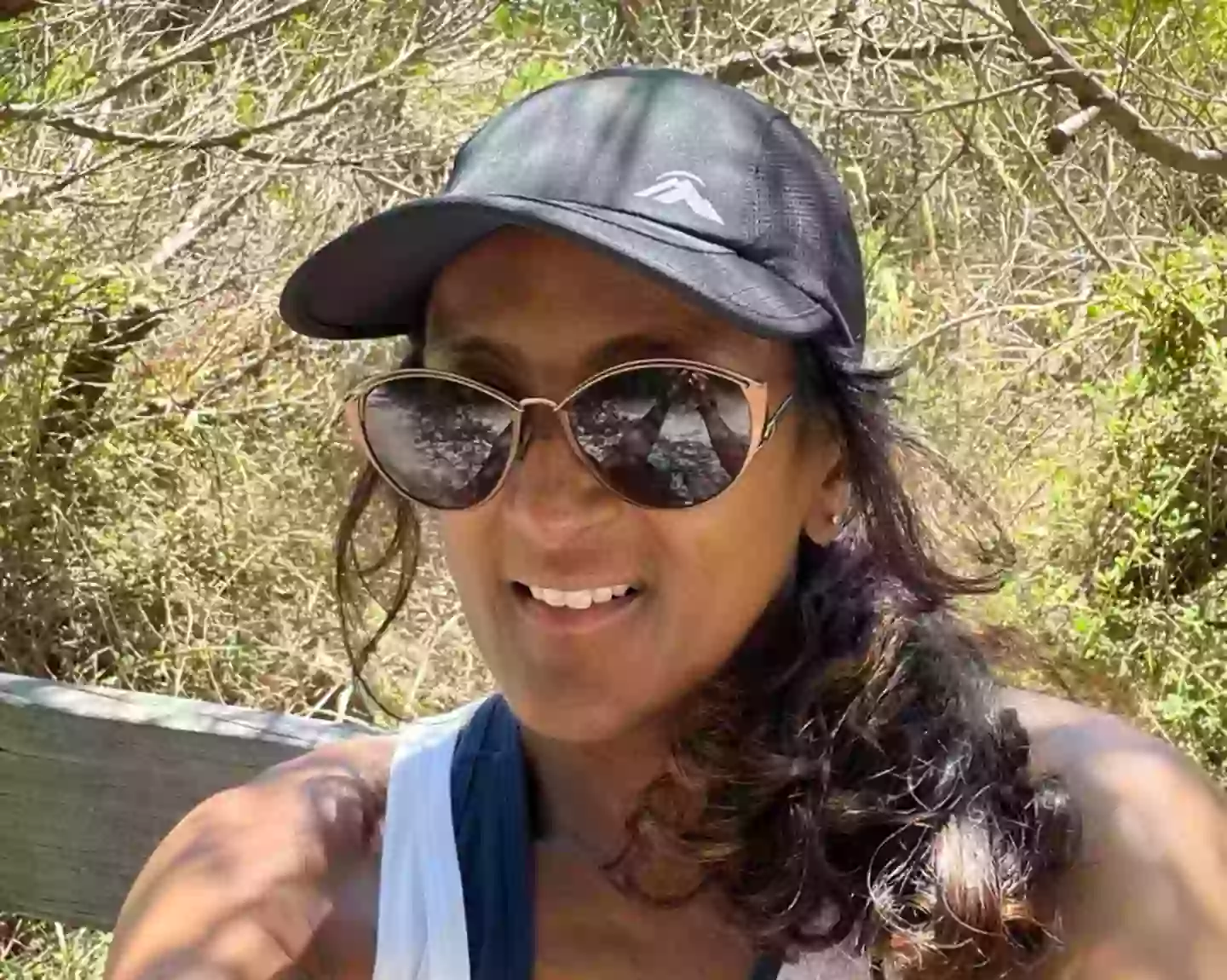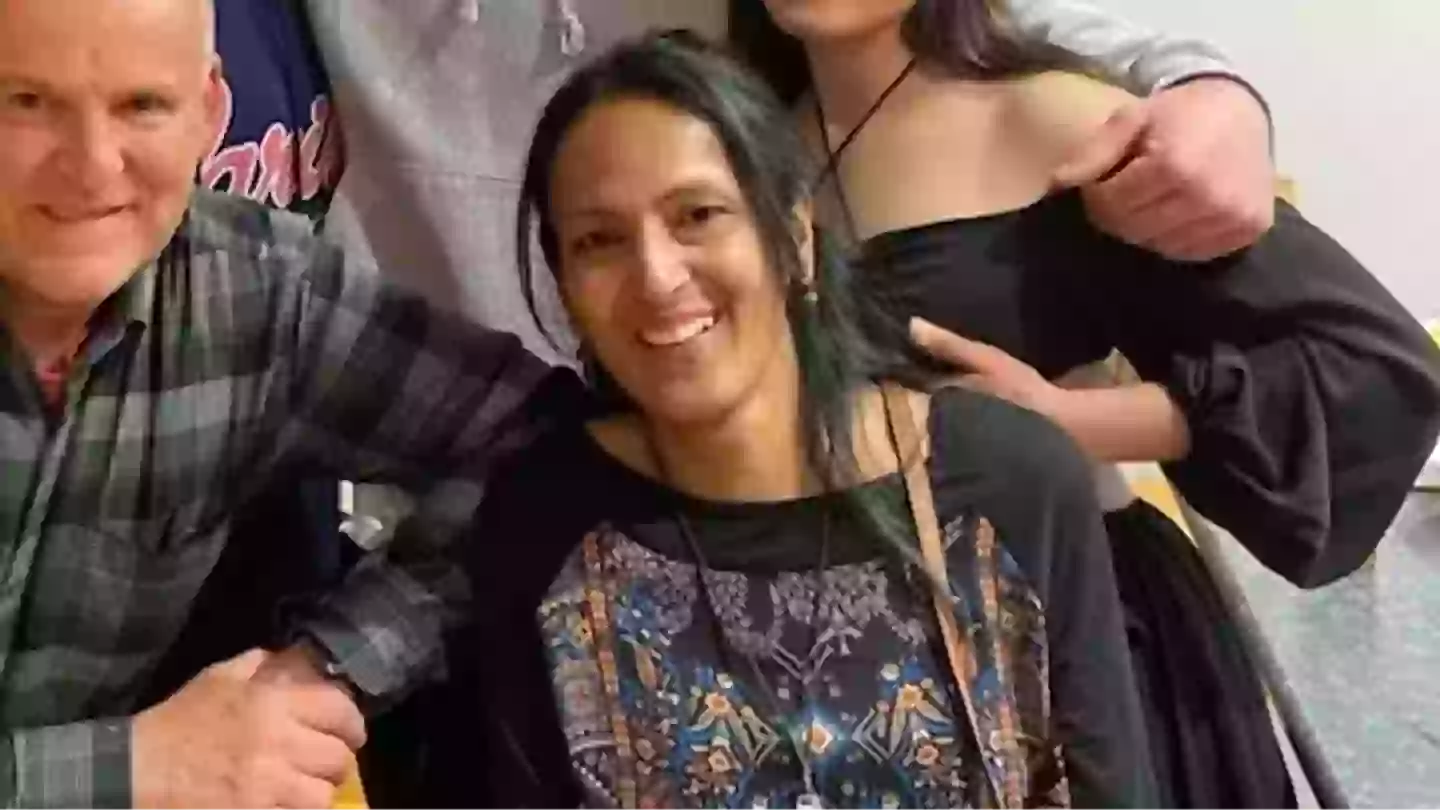A woman is sharing her story to highlight the symptoms she experienced prior to being diagnosed with a rare form of blood cancer.
In 2022, Sharn, a 52-year-old personal trainer and mother of two, was picking up a tile in her driveway, not anticipating its weight, when she injured her back.
She attempted to alleviate the discomfort by stretching, but what started as ‘one week of pain’ extended into six and then 12 weeks. The pain was so severe that Sharn couldn’t sit down in her car due to the ‘stabbing’ sensation in her back.
Despite the pain, Sharn continued with her daily routine, almost collapsing later that day. Initially, she attributed this to ‘low blood pressure’ and insufficient food intake. However, a gym supervisor persuaded her to consult a physiotherapist.

During her appointment with the physiotherapist, Sharn explained that she could no longer perform exercises due to ‘real pain,’ leading to a referral for an MRI.
Cleveland Clinic describes an MRI (magnetic resonance imaging) scan as a painless procedure that generates clear images of the body’s internal organs and structures.
According to Cleveland Clinic, “MRI uses a large magnet, radio waves and a computer to produce these detailed images. It doesn’t use X-rays (radiation).”
Sharn was in such ‘agony’ that she required assistance getting on and off the MRI bed. That evening, a specialist called to inform her that the scan had revealed an ‘abnormality in her bones.’
“They told me I needed to go to the emergency room straightaway,” she recalls. “When my doctor saw the results of the MRI he was shocked I could even walk.”
In August 2022, at the age of 52, Sharn was diagnosed with multiple myeloma, a type of blood cancer that impacts plasma cells in the bone marrow.

Sharn recalls: “Everyone was in shock because I am never sick, but this illness affected 75 percent of my bone marrow. I used to joke that I never get sick, but when I do, I get hospitalised.”
Mayo Clinic elaborates: “Multiple myeloma is a cancer that forms in a type of white blood cell called a plasma cell. Healthy plasma cells help fight infections by making proteins called antibodies. Antibodies find and attack germs.
“In multiple myeloma, cancerous plasma cells build up in bone marrow. The bone marrow is the soft matter inside bones where blood cells are made. In the bone marrow, the cancer cells crowd out healthy blood cells. Rather than make helpful antibodies, the cancer cells make proteins that don’t work right.”
The symptoms of this cancer include ‘bone pain, especially in the spine, chest or hips, nausea, constipation, loss of appetite, mental fogginess or confusion, tiredness, infections, weight loss, weakness, thirst and needing to urinate often’.
Cleveland Clinic states, “Multiple myeloma is rare, affecting about seven people out of 100,000 people each year.”
After 18 months of treatment following her diagnosis, Sharn was declared cancer-free.
Now 55, Sharn has shared her journey, especially her initial dismissal of back pain, to raise awareness and encourage others to seek medical advice if they have concerns.

Sharn’s back is ‘getting better,’ and she feels ‘good,’ continuing to improve each day, and carrying on with her personal training.
She expresses, “I’m pain free and I think the bones can only get stronger from here.”
The experience has led the mom to ‘yell’ less at her children and become less of a ‘control freak,’ with the family spending more time with friends – her diagnosis has brought ‘everyone close.’
Sharn advises others to seek medical attention if experiencing prolonged pain: “Myeloma is common for elderly men and women. And it may be very rare for people in their 50s or 60s, but younger people are getting this cancer.
“If you’ve been feeling pain for over 12 weeks, then you really need to get an MRI. It can be easy for a physio to suggest exercises, or say, ‘Try using walker.’ If you are older, you could simply think, ‘This is my life. I’m old. I’ll use the walker.’
“But you never know – there might be something else going on. So definitely get checked.”
If you’ve been affected by any of these issues and want to speak to someone in confidence, contact the American Cancer Society on 1-800-227-2345 or via their live chat feature, available 24/7 every day of the year.

